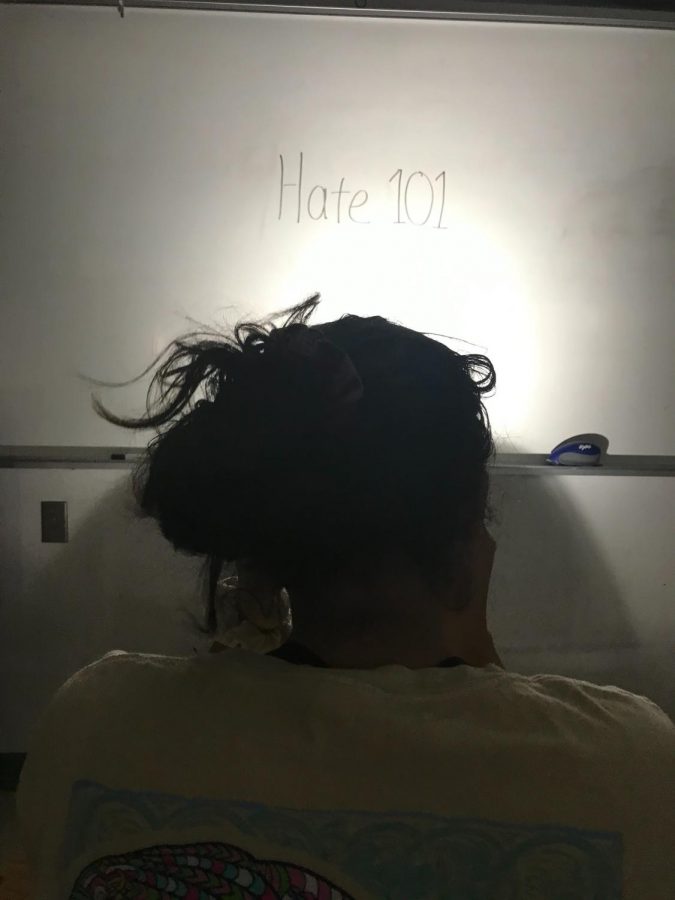The Villainization of Muslims in Schools
January 14, 2020
Every day, students start their morning with same routine they will use the rest of the year. These students will strap on their backpacks and walk through their school’s gates in hopes of receiving a good education. Yet, here is an entire group of students that spend their school day worrying for their safety instead of their education. Muslim students across America are being bullied by fellow students and teachers. And this disturbing rise of Islamophobia within our country’s schools is something that we should be able to prevent.
It’s well known that Muslim children are more likely to be bullied in school than children of other faiths. And a new survey by the Institute for Social Policy and Understanding (ISPU) reveals that 42 percent of Muslims with children in K–12 schools report bullying of their children because of their faith, compared with 23 percent of Jewish and 20 percent of Protestant parents.
These results confirm recent findings by other research and advocacy groups showing that bullying of students of color is on the rise.
We could contribute this hate towards Muslims students to many things. Things like change in political leaders and world conflicts could be seriously affecting the way Muslims are viewed in this society.
Over 90 percent of educators reported that school climate had been negatively affected by the election. In an earlier survey last March, with over 5,000 respondents, more than 1,000 mentioned Donald Trump — five times more than the other politicians mentioned in the survey combined.
Maureen Costello, director of the Teaching Tolerance program at the Southern Poverty Law Center (SPLC), backed this idea up by saying “The elephant in the room was that Mr. Trump’s campaign had an effect. We could not avoid the fact that children were imitating him both in word, tone and behavior.”
It’s extremely distressing that an entire group of students is being targeted within their own schools. Incidents like these can cause what social epidemiologist Nancy Krieger calls “embodied inequality.”
And with our Muslim students facing negative stereotypes, prejudice, discrimination, and bullying in classrooms, we are setting the standard on how we should treat minority groups in schools.
With Muslim students being bullied in schools, the best way to help children in the current climate is through counseling, but also through educating them about their rights. It’s very necessary that Muslim students are aware that the United States is founded on immense, diverse community and that teachers are not only focused on creating safe communities, but tolerant ones.




marvedobankz • Jan 15, 2020 at 4:12 am
I think you good in article writing, most especially in this topic on “SCHOOLS”………… I really appreciate your good effort and I also love the way you arranged this article, it makes sense
???✔✔✔